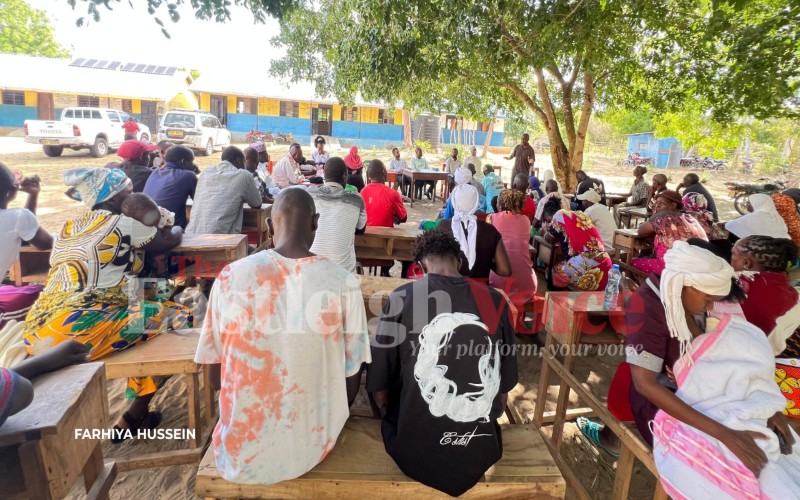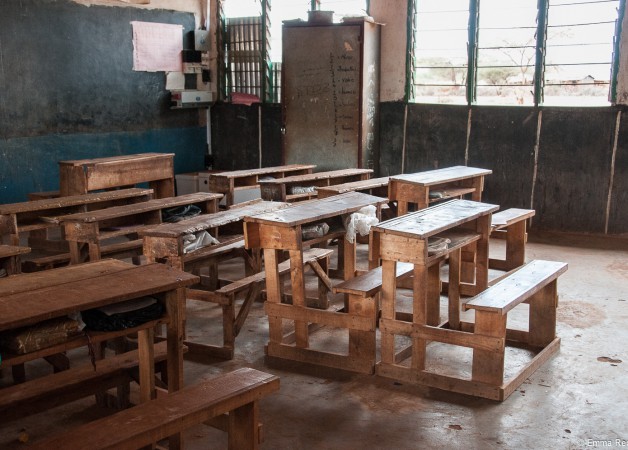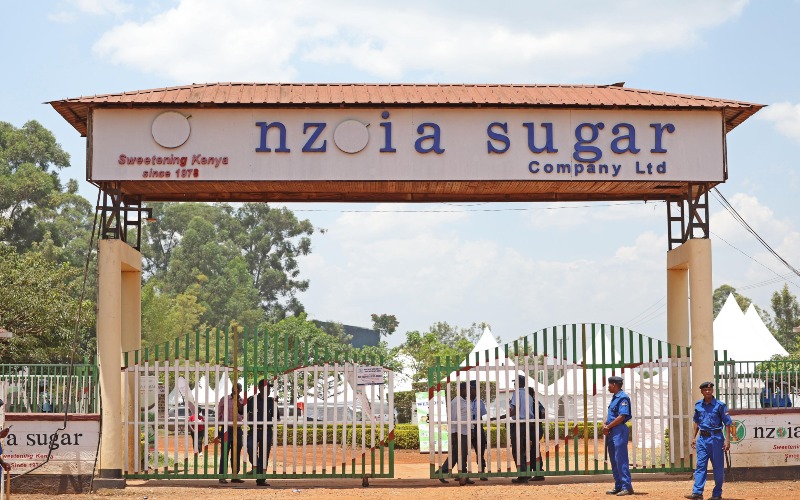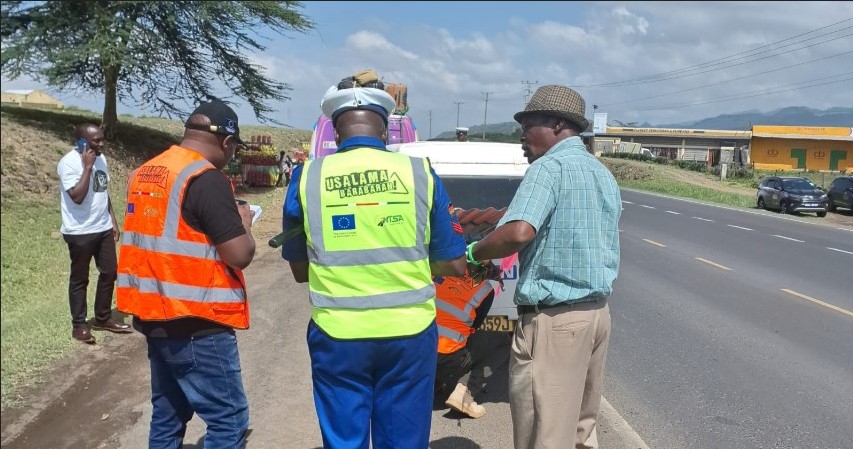Police recover stolen goats in Pokot as banditry challenges persist

The livestock, currently held at Kainuk Police Station, awaits identification by their rightful owners.
Security officers in Pokot have successfully recovered 14 goats stolen during a Saturday night raid in the Kainuk area.
The livestock, currently held at Kainuk Police Station, awaits identification by their rightful owners.
More To Read
- Senate Bill proposes five-year jail term, Sh2 million fine for livestock thieves
- Over 700 illegal firearms surrendered as Murkomen says State will burn guns once tally hits 1,000
- Police recover stolen camels in Turkana after coordinated operation
- Two more AK-47s surrendered as Elgeyo Marakwet disarmament drive nets 301 firearms
- Interior CS Murkomen flags rising boda boda violence amid broader stability
- Ruto orders Baringo residents to surrender illegal firearms or face tough action
The recovery took place in the Marich area following a tip-off from local informants. According to a police report, officers from Marich Police Station, led by the Officer Commanding Station (OCS), worked alongside the Anti-Stock Theft Unit and police reservists to pursue the suspects.
"The team recovered the goats and handed them over to Kainuk Police Station for identification by the owners," the report stated. However, when officers approached the suspects, they fled into the nearby bush, leaving the stolen goats behind.
Efforts to apprehend the culprits have been intensified, with a multi-agency team ramping up patrols in the area. This recovery comes amid ongoing security challenges in banditry-prone counties, including West Pokot.
A recent report from the National Assembly revealed that government-led security operations in the region have struggled to fully restore peace and order.
The findings from the inquiry, led by the Committee on Administration and National Security, highlighted the persistence of violent attacks in counties such as Baringo, Elgeyo Marakwet, West Pokot, Turkana, Samburu, and Laikipia.
"The government's success in combating banditry faces multiple obstacles, including limited resources, the proliferation of arms, and the commercialisation of banditry," the report stated.
Gabriel Tongoyo, who heads the committee, also pointed to the region's vast, rugged terrain and underlying socio-economic issues like poverty and unemployment as factors contributing to the ongoing crisis.
Top Stories Today










































